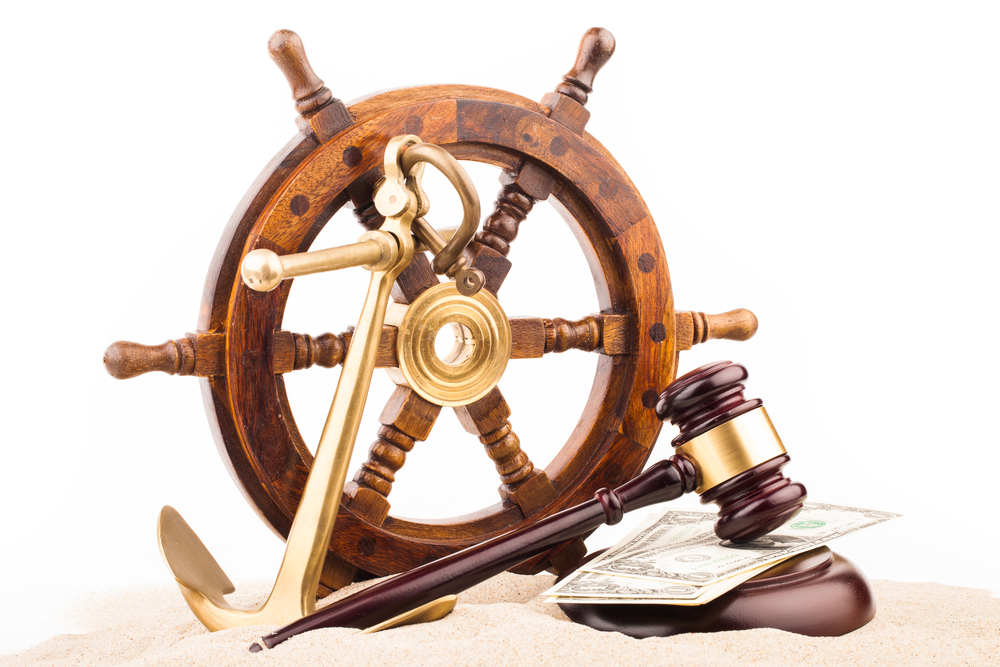The Intricacies of the Law of the Sea: An Examination of Its Historical Evolution and Recent Developments
In an era where the world is rapidly globalizing, the understanding of the Law of the Sea is gaining prominence. This field, often neglected in public discourse, has far-reaching implications for international relations, resource distribution, and environmental protection. This article delves into the historical evolution of the Law of the Sea, its current developments, and the impact on global society.

The Genesis of the Law of the Sea
The concept of the Law of the Sea traces back to the 17th century, with Hugo Grotius’ proposition of the ‘Mare Liberum’ principle—freedom of the seas. Grotius contended that the sea was international territory, free for all states to use for seafaring trade. This principle, however, was met with opposition, most notably from England’s John Selden who argued for ‘Mare Clausum’—closed seas, suggesting that states could claim sovereignty over certain sea areas.
The Evolution and Codification of the Law of the Sea
The incongruity between the ‘Mare Liberum’ and ‘Mare Clausum’ principles led to the need for an established framework regulating the use of the sea. This necessity birthed the United Nations Convention on the Law of the Sea (UNCLOS) in 1982, which is now referred to as the ‘Constitution of the Oceans’. The UNCLOS defines the rights and responsibilities of nations regarding the world’s oceans, establishing guidelines for businesses, the environment, and the management of marine resources.
Recent Changes and Developments
In recent years, the Law of the Sea has seen significant developments as a result of the increasing importance of marine resources and escalating maritime disputes. Notably, the UNCLOS has been challenged with questions about its relevance and effectiveness in the 21st century, especially in light of emerging issues such as climate change, maritime security, and the advent of deep-sea mining.
Implications and Impact on Society
The Law of the Sea has profound implications for global society. It directly affects maritime trade and the global economy, as well as the preservation of marine biodiversity. Moreover, it plays a crucial role in maintaining peace and security by preventing and managing maritime disputes. Consequently, understanding and adhering to the Law of the Sea is of utmost importance for all states.
Conclusion
While the Law of the Sea may seem like an obscure and complex field, it is a legal area of great importance and impact on the global community. As it continues to evolve in response to contemporary challenges, it remains crucial for the international community to stay informed and engaged, ensuring its effective implementation for a balanced and peaceful use of the world’s oceans.




